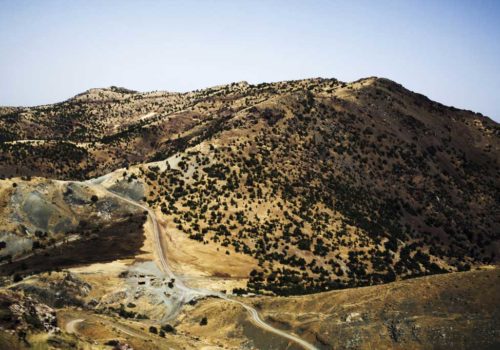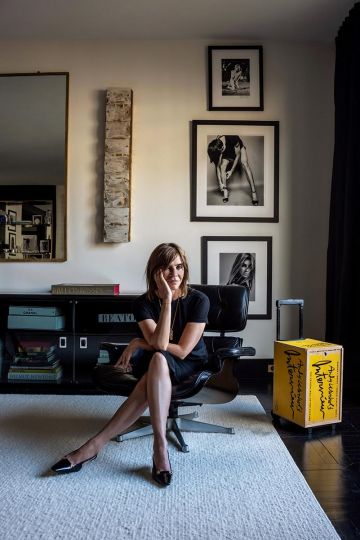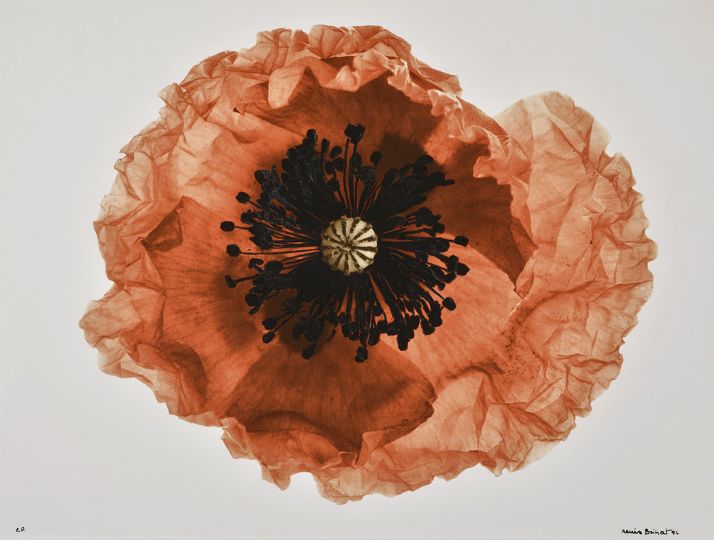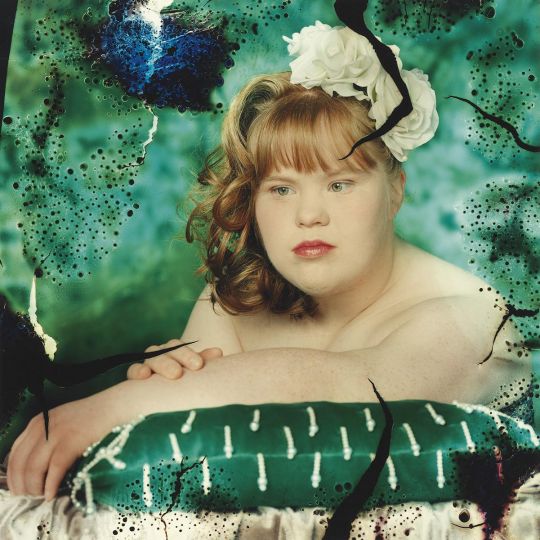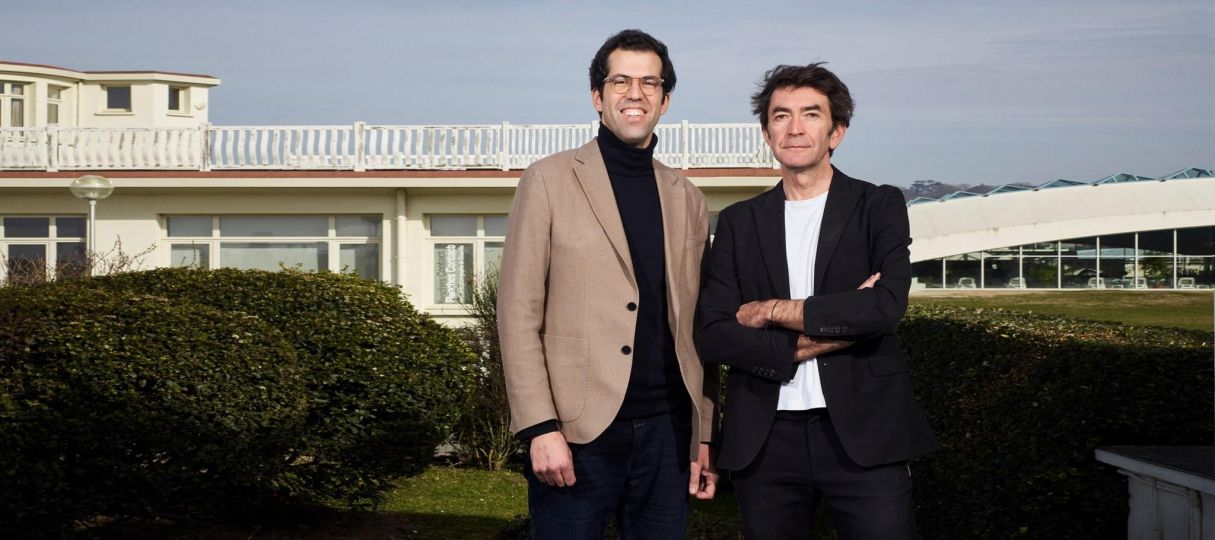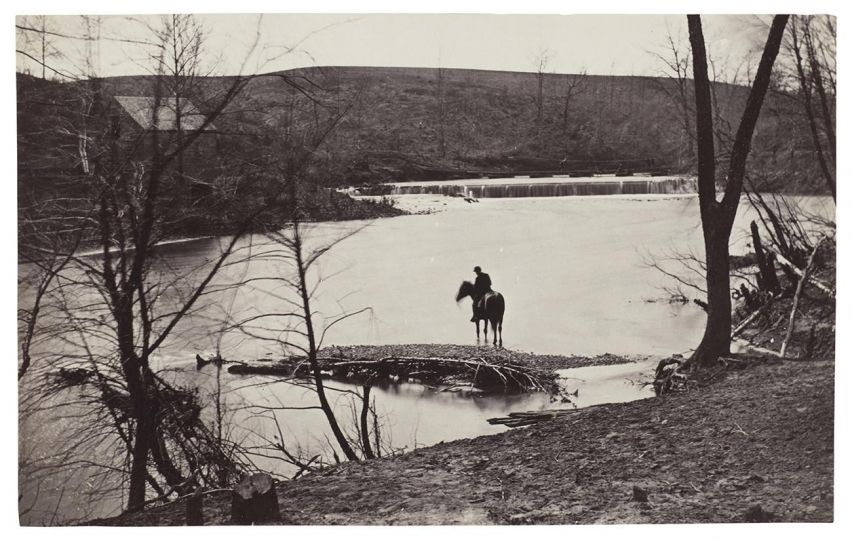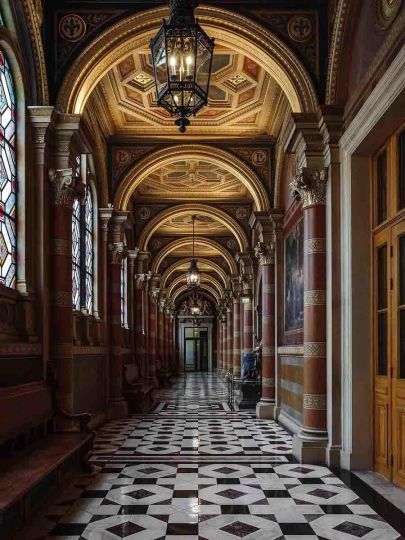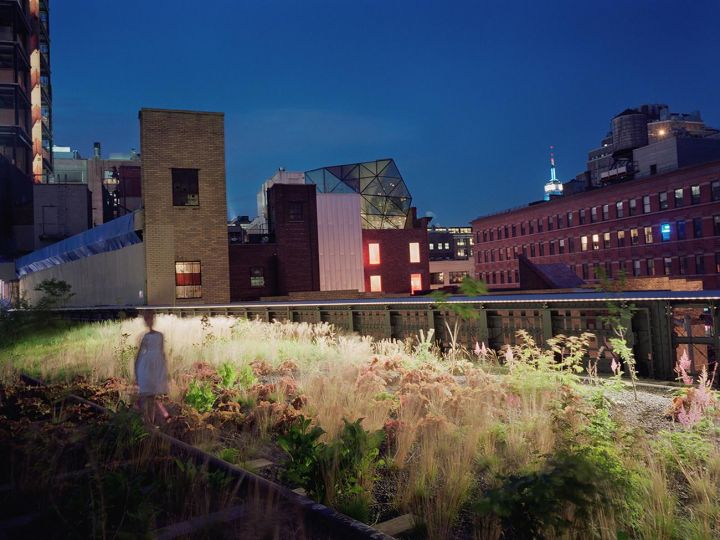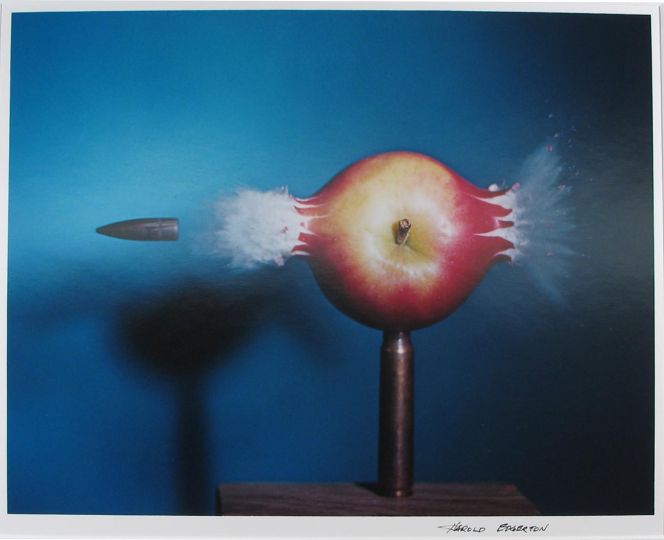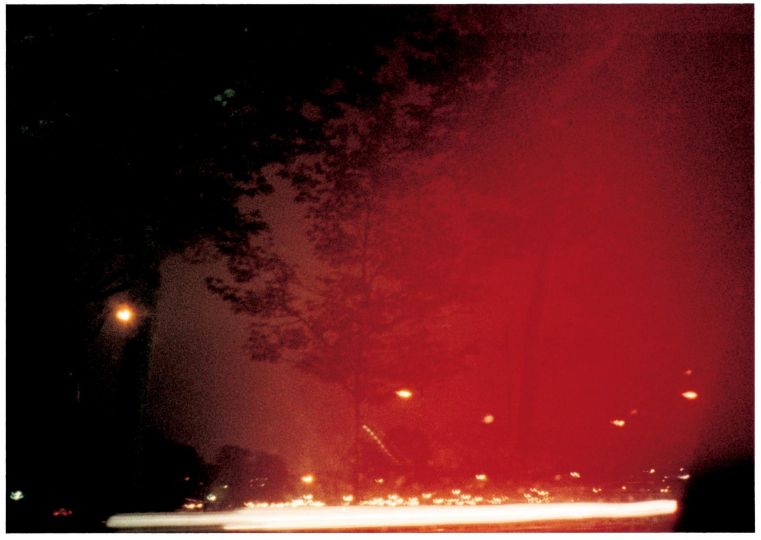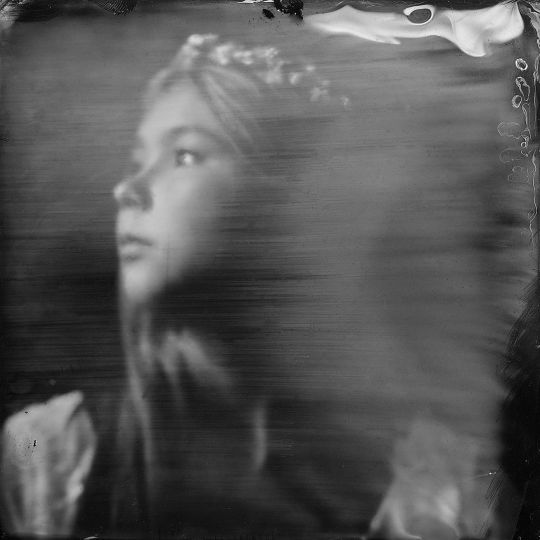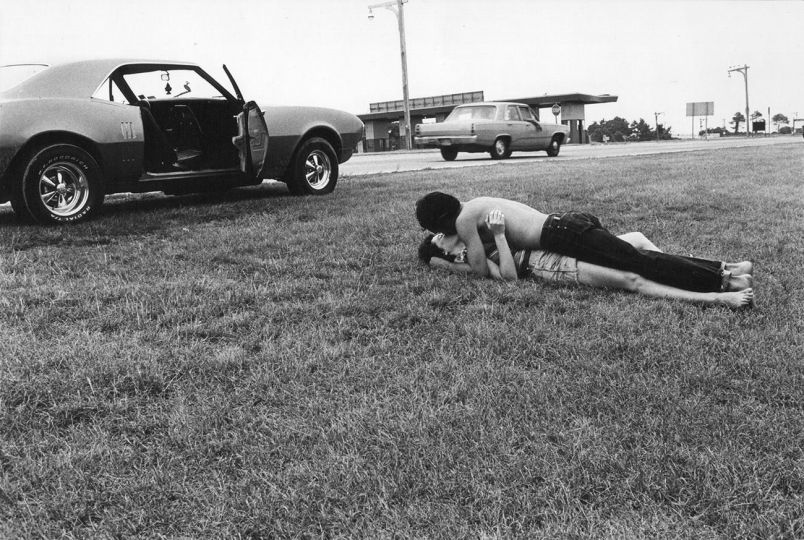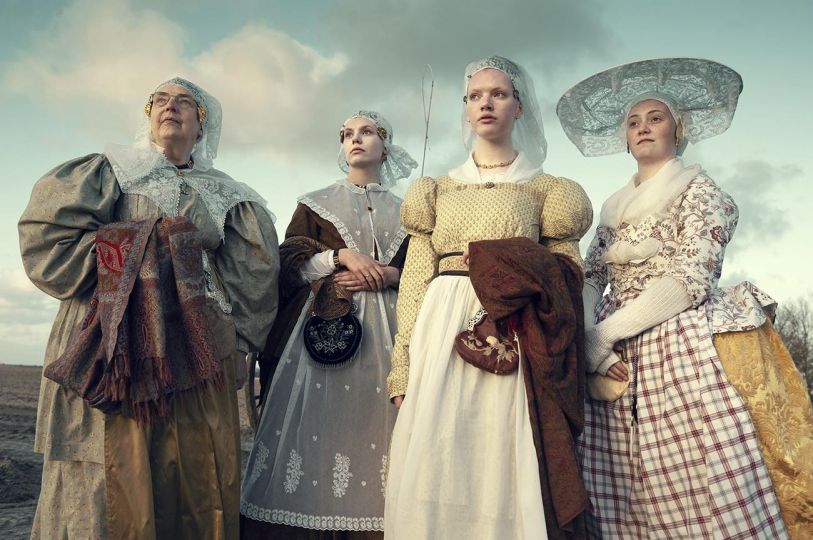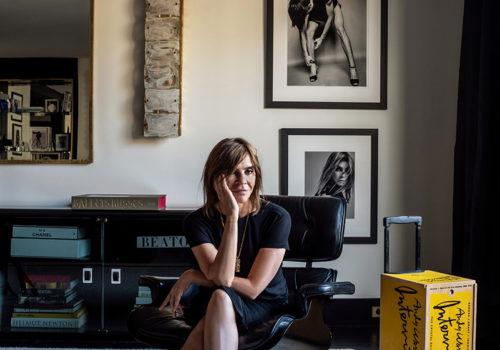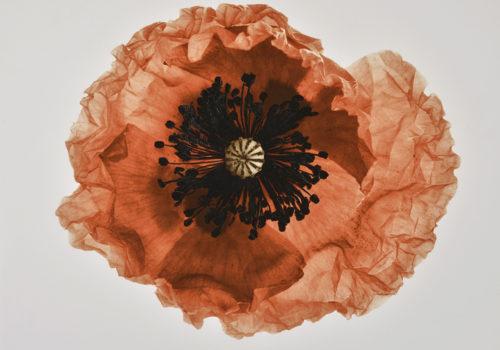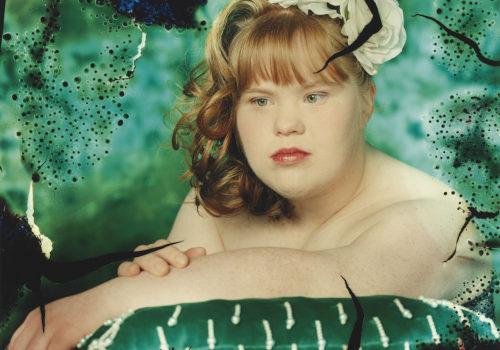Kurdistan : People with No Rights, but Anger
Julien Goldstein / Reportage by Getty Images
The Kurdish people who, for more than two thousand years, have been living in the lands of Anatolia and Persia, have their own unique history. Their land exists: it is Kurdistan, extending from the Anatolian plateau and plains to the Zagros mountains, but the borders of this vast land have never been recognized by any State. The ancient language of Kurdish, with Indo-European roots, is related to Persian and quite distinct from Arabic and Turkish, and has developed, creating several dialects, despite harsh persecution of communities speaking the language. The civilization passed down from the ancient Kurds has produced a thriving culture which, at different times, has been influenced by Persian, Arabic and Ottoman civilizations, and has combined the religions of Zoroastrianism and Islam; but it has always remained the culture of a repressed “ethnic minority.” There is a land, a language and a culture, yet today, in the early 21st century, the 40 million Kurds of the Middle East now form the largest population of stateless persons in the world.
With the journalist, Olivier Piot, we traveled the lands of Kurdistan on a quest to understand this paradox of history. We explored Kurdish towns and villages in Syria, Iraq and Turkey, and encountered Kurds from Iran now living in exile. Over a total of twelve trips, we observed lifestyles, listened to hopes and dreams, and heard of the frustration and suffering of these “forgotten people.” Everywhere we went, the Kurds we met conveyed the same feeling: the sense of belonging to a population that has been “sacrificed” by history. While they are certainly not the only victims of this kind, the history of the Kurds over the centuries, ranging from the great Persian and Ottoman empires to the birth of modern nations, has been a relentless series of human dramas and political deadlocks.
In the 20th century in particular, when this region of the world was weakened a number of times and saw its geopolitical map redrawn, the Kurds have never managed to gain recognition of their land and rights. Almost one century after the promise made by the Allied powers in 1920 to establish a “Great Kurdistan” in the Middle East, a promise never kept, the Kurds are still struggling to achieve this goal. With the exception of Iraq with a Kurdish autonomous region in the north of the country since 1992, this is an ongoing struggle of an entire people, fighting for their rights – the right to their identity and the right to democracy.
Special thanks to the Fondation Lagardère and Géo France.
Julien Goldstein
Julien Goldstein was born in 1979. After starting as an assistant at Magnum, working with chief editor, Ayperi Ecer, amongst others, he decided to pursue a career as a photojournalist. Drawing on his Romanian origins he explored its history and it’s transition from a socialist republic to a democratic state. He then went on to explore former Soviet Republics such as Ukraine, Belarus, Moldova, and the self-proclaimed Republic of Transnistria, a report later exhibited in Visa pour l’image in 2003.
Being particularly interested in Turkey and in the geopolitical issues related to the Kurdish people, he completed a five-year project entitled ‘Kurdistan, The Anger Of A People Without Rights’, for which he was awarded a Lagardere Foundation grant in December 2009. A book of this work was released in January 2012.
His photographs are regularly published in the French and international press, including: Geo France, National Geographic France, Le Monde, Le Monde Magazine, Courrier International, The New York Times, Newsweek, The Herald Tribune, D della Repubblica, Spiegel.
He regularly works with the International Federation of Red Cross, and his corporate clients include Air France, Renault, and Alsthom among others.
He is represented by Reportage by Getty Images.
Kurdistan : People with No Rights, but Anger – Julien Goldstein
From september 1st to september 21st
Hôtel Pams
Rue Émile Zola
66000 Perpignan – France

